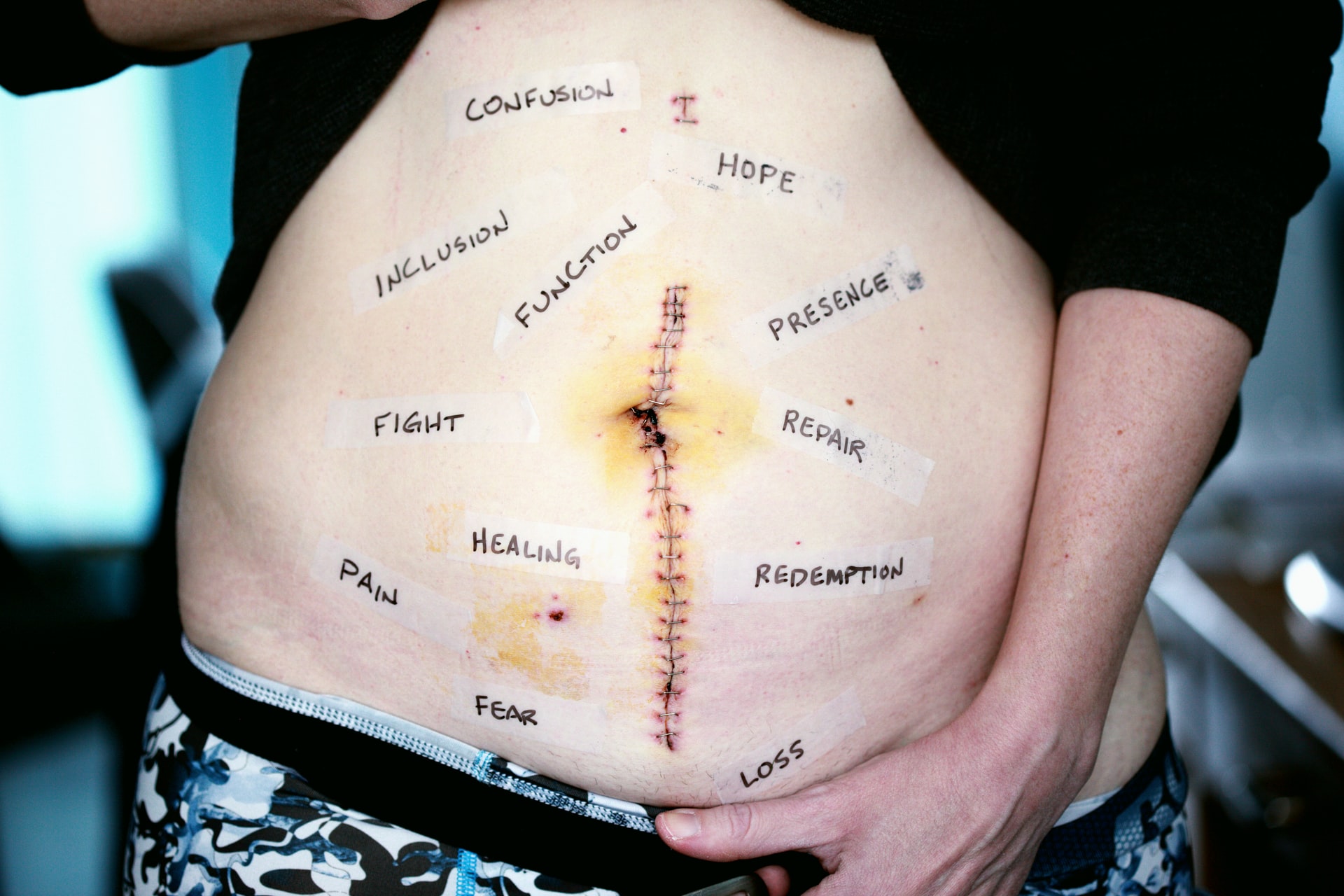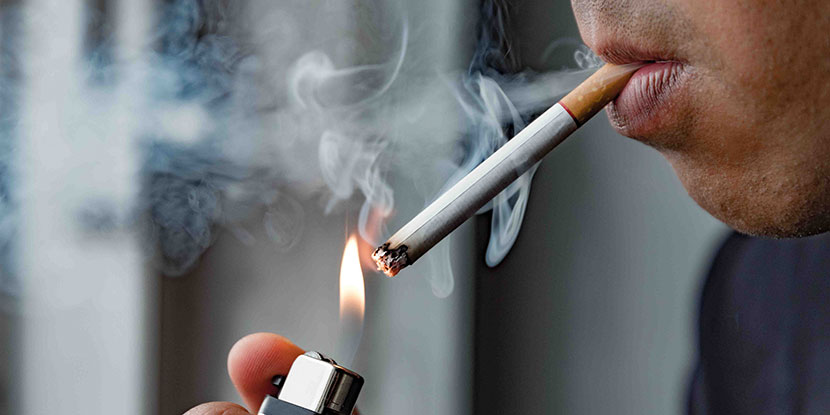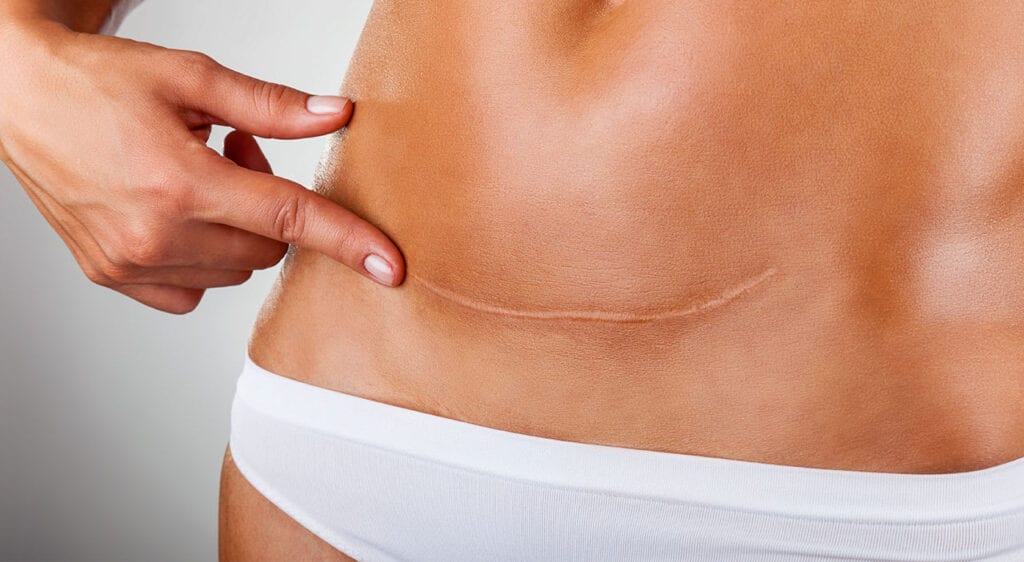Important Tummy Tuck Recovery Tips for 2024

The majority of women in the United States prefer undergoing tummy tuck surgery after multiple pregnancies. A tummy tuck surgery is one of the intensive body contouring procedures that, if done well, can give your mid-section body a well-toned shape.
After the surgery, all a patient wants is to get back to normalcy. However, recovery takes up to eight weeks of intensive care. Here are top tips for a trouble-free and quick tummy tuck recovery.
1. Eat a balanced diet

After a tummy tuck surgery, you have to eat a protein-rich, balanced diet. Proteins are fundamental building blocks for the body and are essential for the healing process. A balanced diet at regular intervals gives you enough energy to move around without intensive muscle usage. You should also avoid sugar-rich foods as well as food containing a high amount of sodium.
2. Attend scheduled medical checkups
Tummy tuck surgery is considered an outpatient procedure in most hospitals, and many patients are free to go home immediately. However, you should attend at least one medical checkup every week. Medical checkups allow your doctor to assess the healing progress and make appropriate recommendations.
Remember, complications may arise if the procedure was not done correctly, and a doctor can quickly identify this during a checkup. In such scenarios, feel free to find a qualified attorney for personal injury law to guide you on the actions you should take. You can visit this site to learn how to file a personal injury case.
3. Dealing with pain
Pain in abdominoplasty is expected and, if not managed well, might turn your recovery into a nightmare. During the surgery, the liposuction at the abdomen’s sides tightens the musculature. This process causes pain as muscle spasms are released during reconstruction and healing.
Your doctor will prescribe several pain relievers, but pain management majorly depends on avoiding movements and activities that will agitate the abdominal muscles. Pain lasts only for the first two weeks, and its persistence is an indicator of a failed procedure.
4. Stay hydrated

Patients are advised to keep hydrated throughout the recovery period. During the healing period, the body experiences a rise in metabolic activities leading to high production of metabolic wastes such as urea and salts. These wastes can only be excreted in the presence of water. Getting rid of toxins reduces the risk of complications, such as swelling of the tummy area. It would be best if you drink at least eight ounces of water per day.
5. Avoid infections
You won’t be able to take a shower for a couple of days after the surgery. However, you must maintain cleanliness to avoid infection. Comprehension garments should be changed frequently, cleaned, and sterilized before being reused. Comprehension garments such as girdles and binders help to hold the wound together and prevent swelling. Additionally, change your bedding frequently and sterilize the wound region accordingly.
6. Stay active
The first days after the surgery are going to be characterized by pain and tiredness. You may be forced to use a commode, too, but that is no excuse to spend your entire day sitting. Keeping your muscles active prevents undesirable outcomes such as the formation of blood clots in the legs. It has, in fact, been shown to speed up recovery, but that’s if you do it in moderation. In a word, walk around and keep active. However, avoid overexerting yourself with extreme workouts, long walks, or even standing for too long.
7. Lay off smoking

Smoking is terrible for your health, that’s obvious—but smoking and surgery are a bad, bad combination. Here’s why: smoking compromises blood flow and slows healing, increasing your risk for infections in your surgical incisions. Also, the carbon monoxide in cigarette smoke robs the muscles of the oxygen badly needed in the healing process. If you don’t keep off smoking days before the surgery, you will go under the knife with an automatically increased risk for infections. The healing process will be significantly drawn out too. Note that quitting smoking even as little as a day before your surgery can leave a positive impact, but it is best if you do it four to six weeks before the operation and throughout the recovery process.
8. Avoid constipation
Constipation means straining your belly muscles during bowel movement. As a result, that means putting yourself at an increased risk for injuries in the operation site. Your surgeon will probably provide a diet plan and advice if you ask, but you can significantly reduce the chance of injury by knowing the typical culprits behind constipation. Foods to avoid include gluten-containing meals, alcohol, milk and dairy products, fast or fried foods, processed grains, red meat, and persimmons. Basically, anything that is low in fiber and high in fat or slows digestion in any way is a no-no.
9. Follow your surgeon’s advice
Patients are different, and just because a post-surgical routine worked for another patient doesn’t mean it will work for you. That’s why you need to follow your surgeon’s advice.
Before getting down to work, cosmetic surgeons first study the patient’s medical records and health history and use their findings to develop a risk-free way to maneuver the procedure. If you have an underlying health issue or had a relatively extensive tummy tuck operation, there is a good chance you will receive a personalized recovery regimen. The best you can do is stick to it and make sure to keep your surgeon posted on your progress.
10. Take the correct prescription medications

Your surgeon will advise you on many things during your in-person consultation. One of them will be about when it is safe to go back to taking your regular medications. You will also receive instructions on how to take antibiotics, narcotics, and other new prescriptions during the recovery process.
Be sure to mention it in your consultation if you take aspirin, warfarin, clopidogrel, or any other blood thinner as they can prevent blood clot formation and increase your risk of post-op bleeding.
Endnote
Most swelling, pain, and fatigue ease off after six to eight weeks. Nonetheless, the healing process continues internally for over a year, and you might still feel a pulling and pinching sensation four months after surgery.




